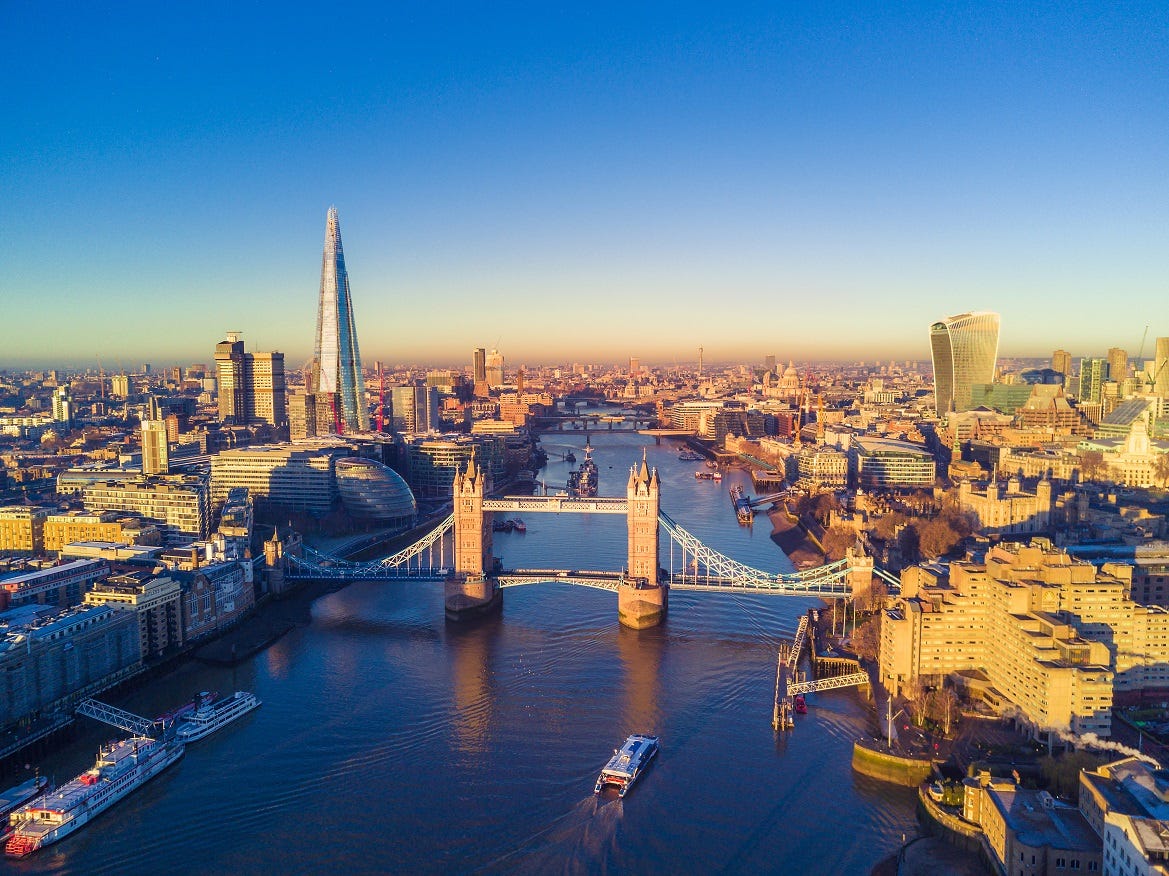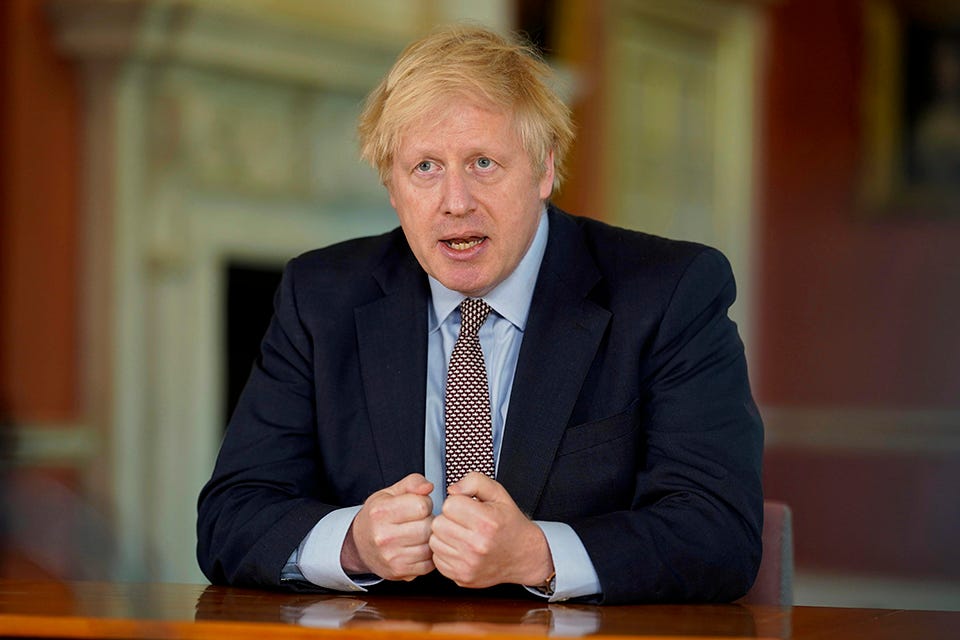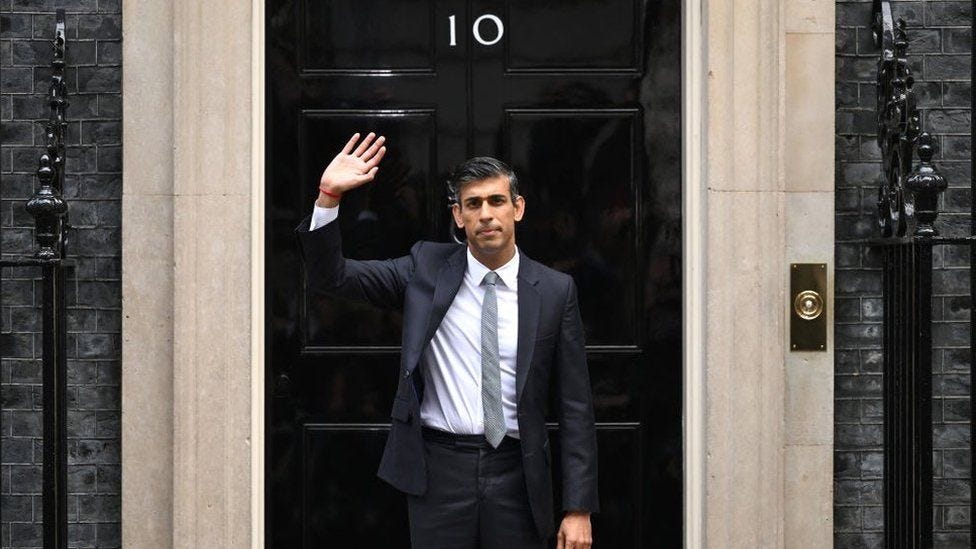What Does 2023 Have in Store for the UK Office Space Market?
Is predicting the future as easy as examining the past?
History Repeats Itself, Except in 2023
When we looked back at the last three years, we saw that an intimidating number of seemingly unprecedented events occurred.
Economics experts would normally, though, strip out the minutiae and identify recognizable patterns and use these to predict the future.
However, they were struggling to do this at the start of 2023.
Can We Predict Future Market Conditions?
As office space brokers, we are often asked our opinion on the way the market will go.
Our agency has a collective experience of several decades so we are experts in providing advice with respect to acquiring space whether that be leased space or serviced offices or a hybrid of the two in the form of a flexibly leased managed office, for instance.
We can advise on the office providers and landlords operating in a market, we can advise on rental levels and incentives on offer, and we can negotiate great deals for our tenant clients.
Predicting the markets is complex though. Every recessionary period is different, as are the boom periods. The characteristics of the Great Recession were very different to those that led to the dot.com bubble bursting, for instance.
The office space market is influenced by the general economy and it tracks that. But ask a room full of economists to predict the future and many of them will disagree with each other.
In the first quarter of 2023, there was no agreement on how the rest of the year would play out. Although many were predicting recessions in various countries, of varying durations and intensities.
How Do Experts Predict the Market?
Ray Dalio is an American billionaire investor who founded the world's largest hedge fund, Bridgewater Associates, which has over $140 billion under management.
He has studied the last 500 years of history and economic cycles, whilst acting as a global macro investor for over 50 years.
He has found that history repeats itself although events often don’t re-occur in our lifetimes. However, he has found that the world is currently experiencing three novel phenomena –
1. The amount of debt being created, and the money printed to monetize that debt, affecting inflation and the value of money.
2. The amount of internal conflict countries are experiencing over wealth and values.
3. The rise of China as a new superpower and its challenging of the existing world order.
This makes it very difficult for him to accurately predict the future.
So, What Happened in the UK Since 2023?
As part of our own research, we studied the events that have affected the UK as a starting point for attempting to predict the future.
Below are some of the key events since January 2020 -
January 22, 2020 – Boris Johnson’s EU Withdrawal Agreement Bill passed through parliament.
February 29, 2020 – Following several individual confirmed cases, the first British death from coronavirus disease 2019 was confirmed.
March 6, 2020 - Boris Johnson announced £46 million in funding for research into a vaccine and rapid testing.
March 9, 2020 - The FTSE 100 plunged by more than 8%, its largest fall since 2008, amid concerns over the spread of the disease.
March 11, 2020 - Chancellor, Rishi Sunak, presented the Johnson Government's first budget, including £30 billion in measures to protect the economy from the effects of the pandemic.
March 16, 2020 - Boris Johnson advised everyone in the UK against, “non-essential” travel and contact with others, and also suggested that people avoid pubs, clubs and theatres, and work from home if possible.
March 17, 2020 - Rishi Sunak announced that £330bn would be made available in loan guarantees for businesses affected by the British government's response to the pandemic.
March 19, 2020 - The Bank of England, in an emergency move, cut interest rates for the second time in the year, from 0.25% to 0.1%. This was the lowest in the Bank's 325-year history.
March 20, 2020 - Rishi Sunak announced that the government will pay 80% of wages for employees not working, up to £2,500 a month.
March 21, 2020 - Environment Secretary George Eustice urged shoppers to stop panic buying.
March 23, 2020 - In a televised address, Boris Johnson announced a UK-wide lockdown with immediate effect.
April 6, 2020 - Debenhams, one of the UK's largest and oldest department stores, went into administration for the second time in a year.
May 12, 2020 - The British furlough scheme was extended until October, costing the UK Government £14bn a month.
May 20, 2020 - Rolls-Royce announced plans to cut 9,000 jobs as a result of the pandemic.
June 8, 2020 - BP announced plans to cut 10,000 jobs following a global drop in demand for oil.
November 10, 2020 - A record high level of redundancies was reported, with about 314,000 people made redundant in the three months to September, more than during the peak of the Great Recession.
November 30, 2020 - Retail group Arcadia, went into administration, threatening 13,000 jobs.
December 24, 2020 - The UK and the European Union agreed to a free trade agreement prior to the end of the BREXIT transition period.
What Happened After 2020?
Following this exceptional year, throughout 2021, the UK experienced further lockdowns, staff shortages, fuel shortages, HGV driver shortages, and various disruptions across supply chains.
Then, on the 20th of February 2022, with reference to the Russo-Ukrainian crisis, Boris Johnson, advised NATO that Europe faced, "the most dangerous moment" and its, "biggest security crisis" for decades.
On the 24th of February, Russia escalated to a full-scale invasion of Ukraine.
On the same day, the FTSE 100 and other markets around the world fell sharply, amid concerns over the war. Oil prices also exceeded $100 a barrel for the first time since 2014.
On the 5th of September, 2022, Boris Johnson was ousted as Prime Minister to be replaced by Liz Truss who enjoyed a tenure of just 50 days. During that time, her Chancellor held an unapproved emergency budget that unsettled the financial markets significantly.
Rishi Sunak became UK Prime Minister in October 2022.
How Did 2023 Start?
On the 1st of February, 2023, an estimated 475,000 workers went on strike, the single biggest day of industrial action for more than a decade, in disputes over pay and conditions. This included teachers, civil servants including border force workers, university lecturers, security guards, and train drivers. The government warned the public to expect "significant disruption".
The following day, the Bank of England raised its baseline interest rate from 3.5 to 4%, the highest level in 14 years.
The above snapshot highlights some of the events that have led to predictions of recession.
In the first quarter of 2023, several Silicon Valley giants including Google, Meta, Microsoft, and Zoom laid off thousands of employees.
We would have been foolish to believe that we could analyze these events in order to make predictions about the future.
One thing we can ascertain, though, during these unstable times, is that companies are seeking office space on flexible contracts that are easy to exit from or to downscale, as recession-proof solutions.
Slightly paradoxically, there is an element of a 'flight to quality' as employers seek to entice workers back to the office in order to improve productivity and profitability in an attempt to bolster themselves against the effects of a recession.
What Does the Future Hold?
Looking to the future, we wonder whether the Government would look to use its influence to encourage workers back to offices, affecting the office space markets across the UK.
We ponder on this as, across the pond, Forbes reported in February 2023, that Stanford University's WFH team had calculated that NYC was losing $12.4 billion per year due to a reduction in the number of people commuting to offices in the city.
One thing we did learn since 2020, was to expect the unexpected.





